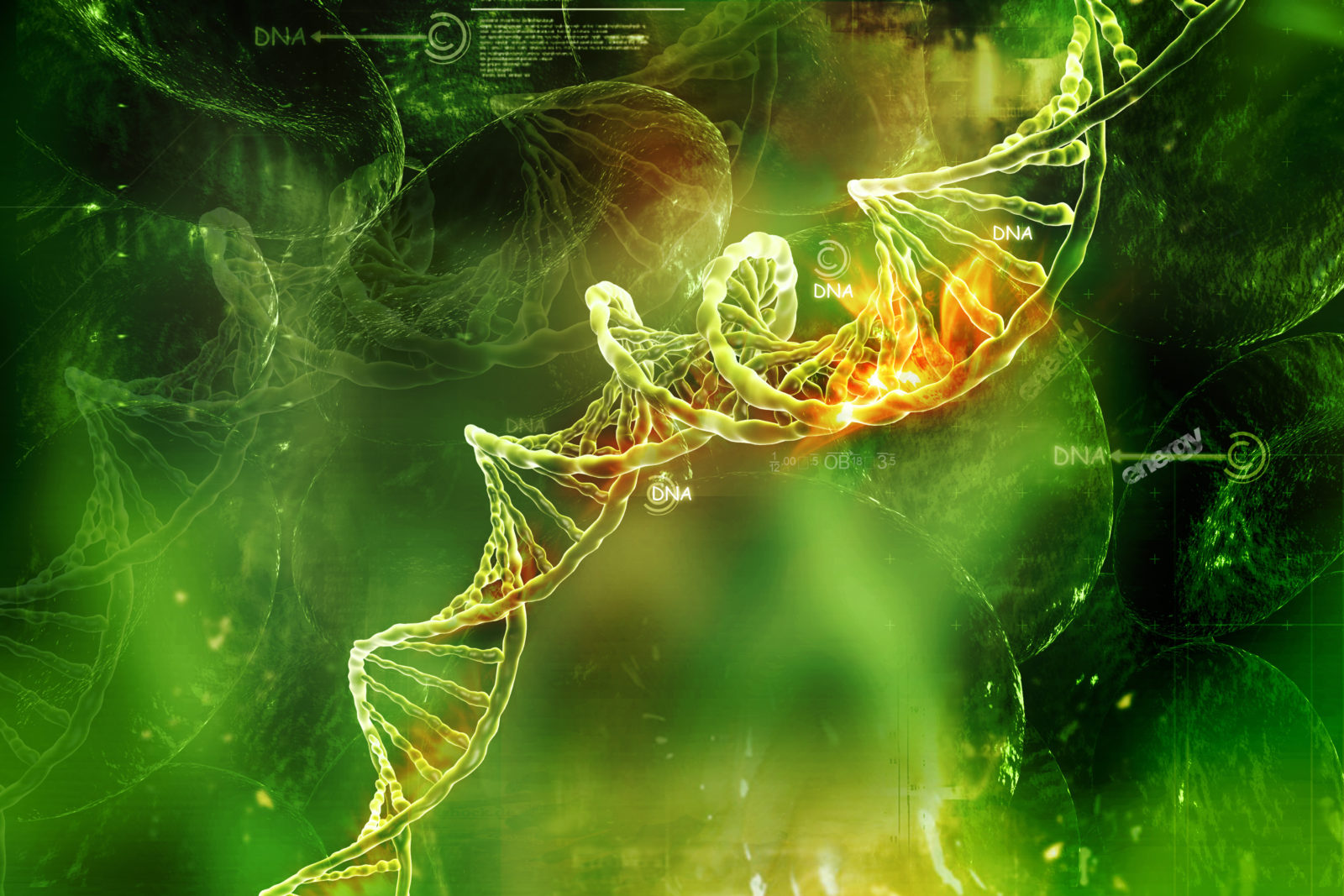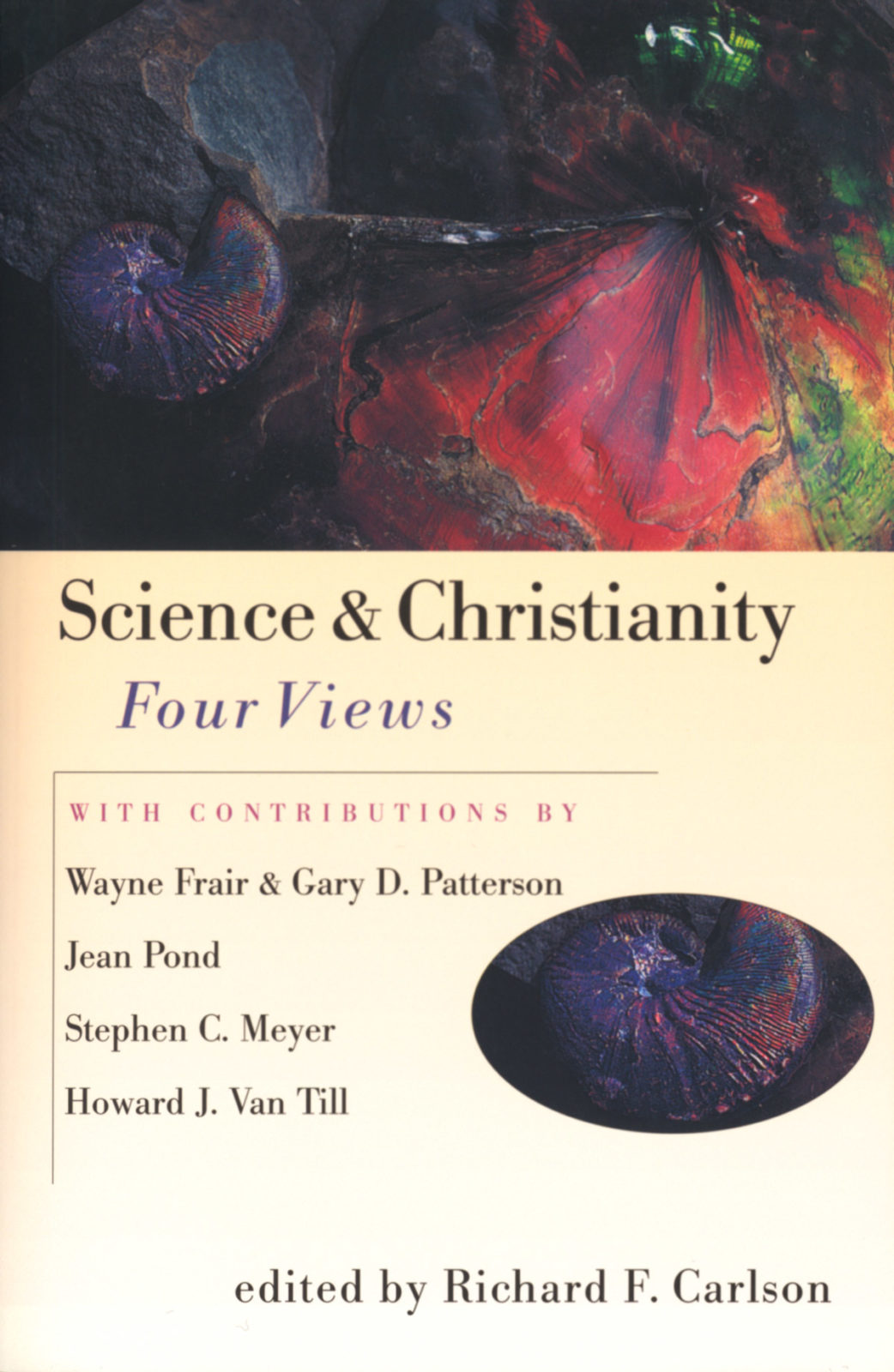


Is Methodological Naturalism Necessary for Science?
In this bonus interview footage from Science Uprising, philosopher of science Stephen Meyer explains why methodological naturalism (aka methodological materialism) isn’t necessary for the practice of science. Visit the Science Uprising website at to find more videos and explore related articles and books.

An Introduction to Intelligent Design
Click here for a reproducible PDF of this article.PDF En Español Intelligent design — often called “ID” — is a scientific theory that holds that the emergence of some features of the universe and living things is best explained by an intelligent cause rather than an undirected process such as natural selection. ID theorists argue that design can be inferred Read More ›

Intelligent Design (ID) Has Scientific Merit Because it Uses the Scientific Method to Make its Claims and Infers Design by Testing its Positive Predictions
“In all irreducibly complex systems in which the cause of the system is known by experience or observation, intelligent design or engineering played a role [in] the origin of the system.”1 Stephen C. Meyer (Ph.D. Philosophy of Science, Cambridge University) & Scott Minnich (Professor of Microbiology, University of Idaho). Intelligent design (ID) has scientific merit because it uses the scientific Read More ›

The Scientific Status of Design Inferences

Sean Carroll Fails to Scale The Edge of Evolution: A Rebuttal to Sean Carroll’s Anti-ID Book Review in Science
[Editor’s Note: This article originally appeared as a four-part series on Evolution News and Views, as Part 1, Part 2, Part 3, Part 4.] Introduction A few months ago I posted a review of Sean B. Carroll’s book The Making of the Fittest: DNA and the Ultimate Forensic Record of Evolution, the book in which biologist Sean B. Carroll intimates Read More ›
Intelligent Design is a Science, Not a Faith

Science & Christianity
At the beginning of the 21st century, Christians continue to wonder whether faith and science are partners or opponents. In this book, six scholars sort through the issues as they present four views on the relationship of science and Christianity. These views include creationism, independence, qualified agreement, and partnership. Contributor Jean Pond is a proponent of the “independence” model. She Read More ›

The Scientific Status of Intelligent Design
